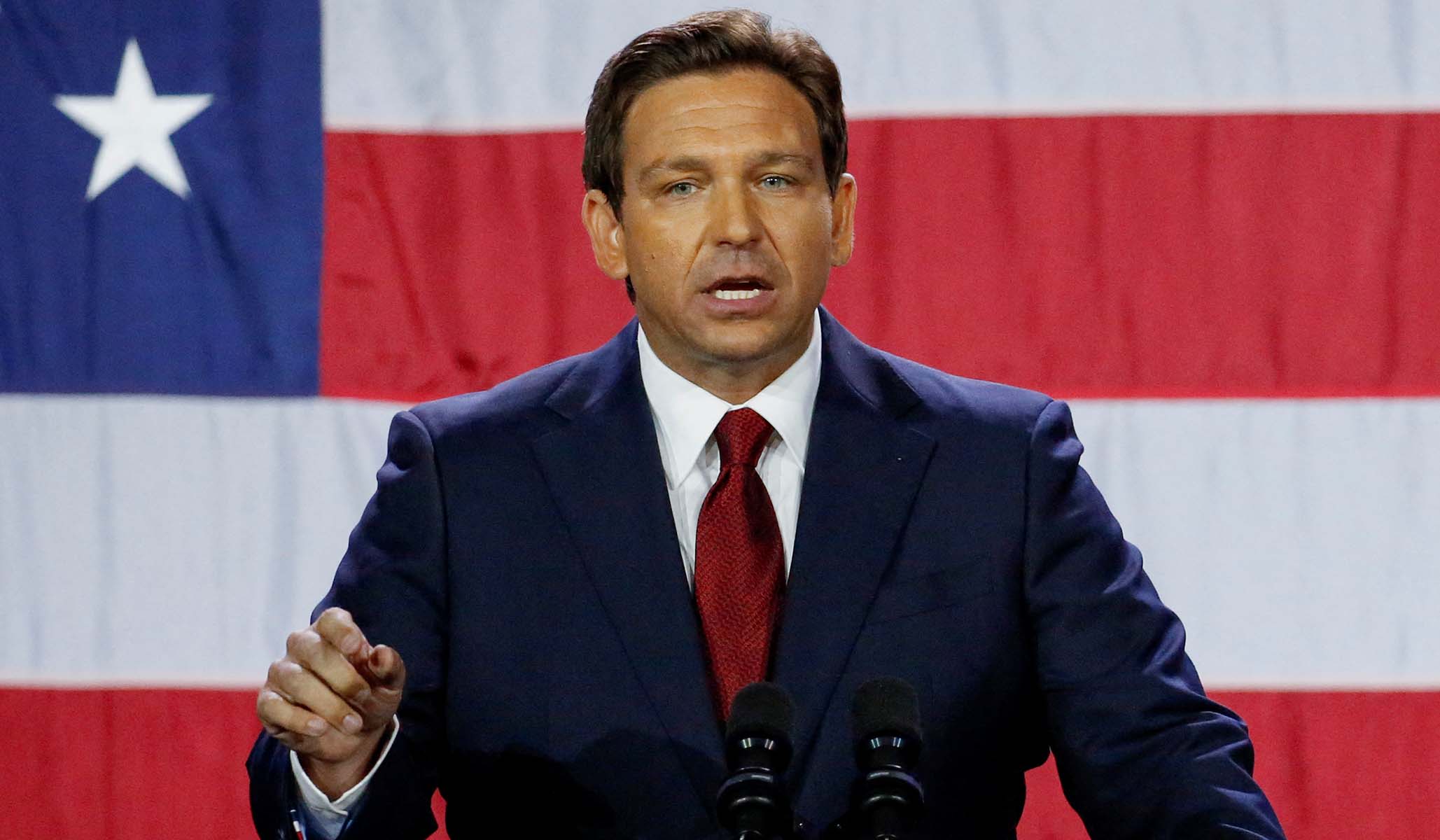
Trump's Seismic Foreign Policy Shifts: WHO Withdrawal and Foreign Aid Freeze
The withdrawal of the United States from the World Health Organization (WHO) and the freezing of foreign aid to numerous countries by the Trump administration are seismic shifts in American foreign policy that have far-reaching implications. These moves have been met with both criticism and support, and the debate over their long-term consequences is likely to continue for years to come.
Withdrawal from the WHO
The Trump administration announced its decision to withdraw from the WHO in July 2020. The administration accused the WHO of being beholden to China and of mishandling the COVID-19 pandemic. The decision was widely criticized by public health experts, who argued that it would weaken the global response to the pandemic and make it more difficult to prevent future pandemics. The decision was also seen as a blow to multilateralism and a sign of the Trump administration's increasing isolationism.
Foreign Aid Freeze
In September 2020, the Trump administration announced that it was freezing foreign aid to several countries, including Ethiopia, Tanzania, and Sudan. The administration said that these countries were not sufficiently cooperating with the United States on counterterrorism and other issues. The decision was met with criticism from humanitarian groups, who argued that it would harm vulnerable populations and undermine the United States' long-term interests in the region.
Different Perspectives
There are a variety of different perspectives on the Trump administration's foreign policy shifts. Some argue that these shifts are a necessary response to the changing global landscape and that the United States needs to be more assertive in defending its interests. Others argue that these shifts are short-sighted and counterproductive and that they will damage America's standing in the world. It is important to consider all of these perspectives when evaluating the implications of these shifts.
Data Points and Real-Life Examples
There are several data points and real-life examples that illustrate the impact of the Trump administration's foreign policy shifts. For example, a recent study by the Kaiser Family Foundation found that the United States' withdrawal from the WHO has led to a decrease in global funding for public health programs. The study also found that the withdrawal has made it more difficult for the WHO to coordinate a global response to the COVID-19 pandemic.
Another example of the impact of the Trump administration's foreign policy shifts is the ongoing humanitarian crisis in Yemen. The United States has been a major provider of aid to Yemen, but the Trump administration has significantly reduced aid to the country. This has led to an increase in hunger and malnutrition in Yemen and has made it more difficult to provide essential services to the population.
Conclusion
The Trump administration's withdrawal from the WHO and the freezing of foreign aid to several countries are seismic shifts in American foreign policy. These shifts have been met with both criticism and support, and the debate over their long-term consequences is likely to continue for years to come. It is important to consider all of the different perspectives on these shifts when evaluating their implications. The data points and real-life examples presented in this article provide some evidence of the impact of these shifts. However, it is important to note that the long-term consequences of these shifts are still unknown.

Comments
Post a Comment